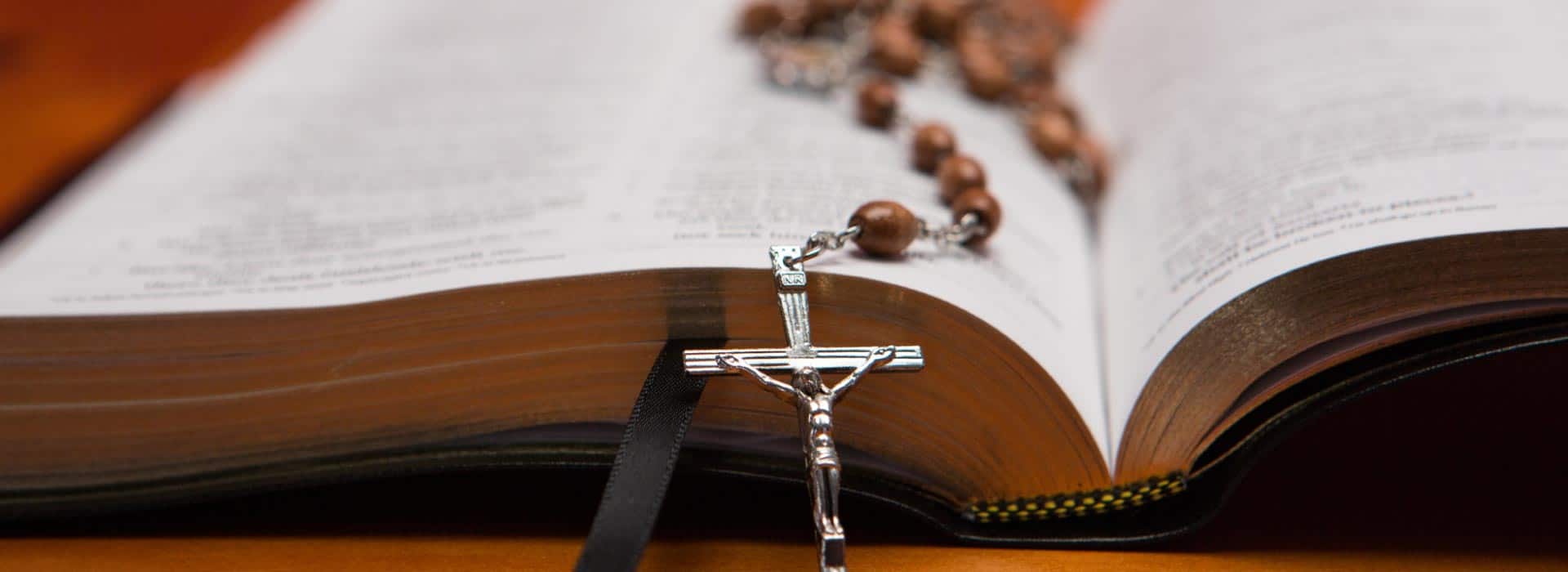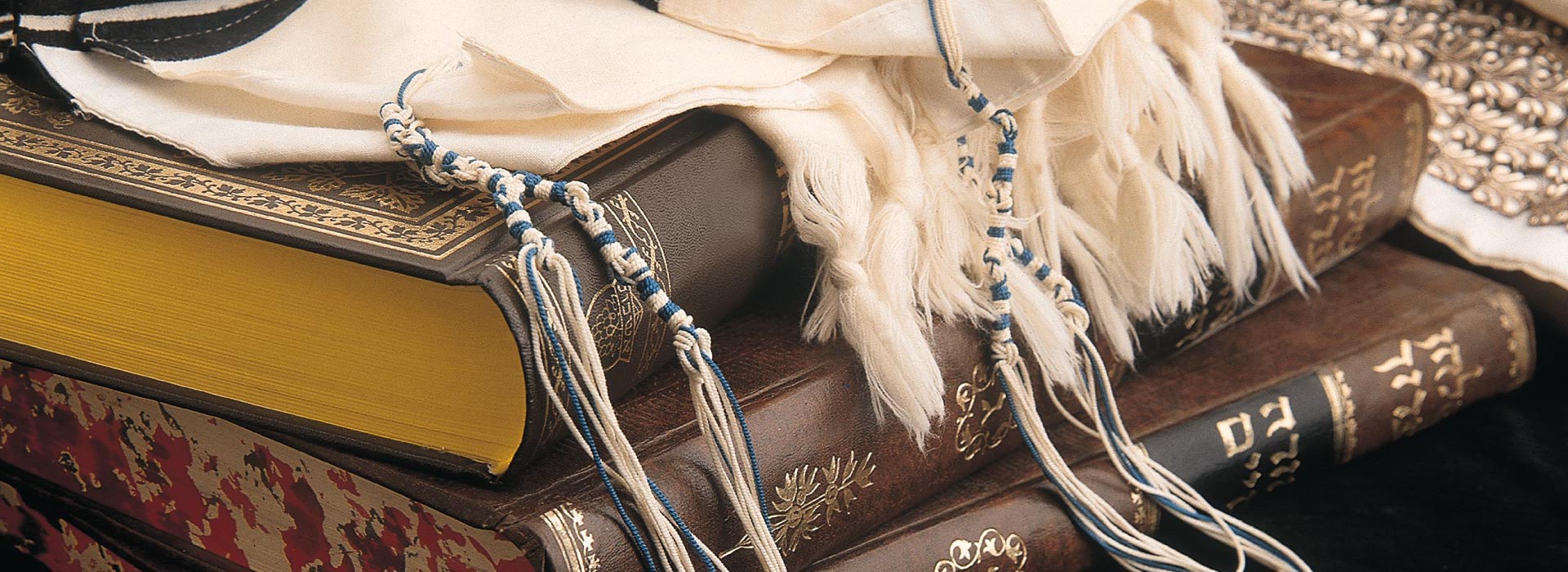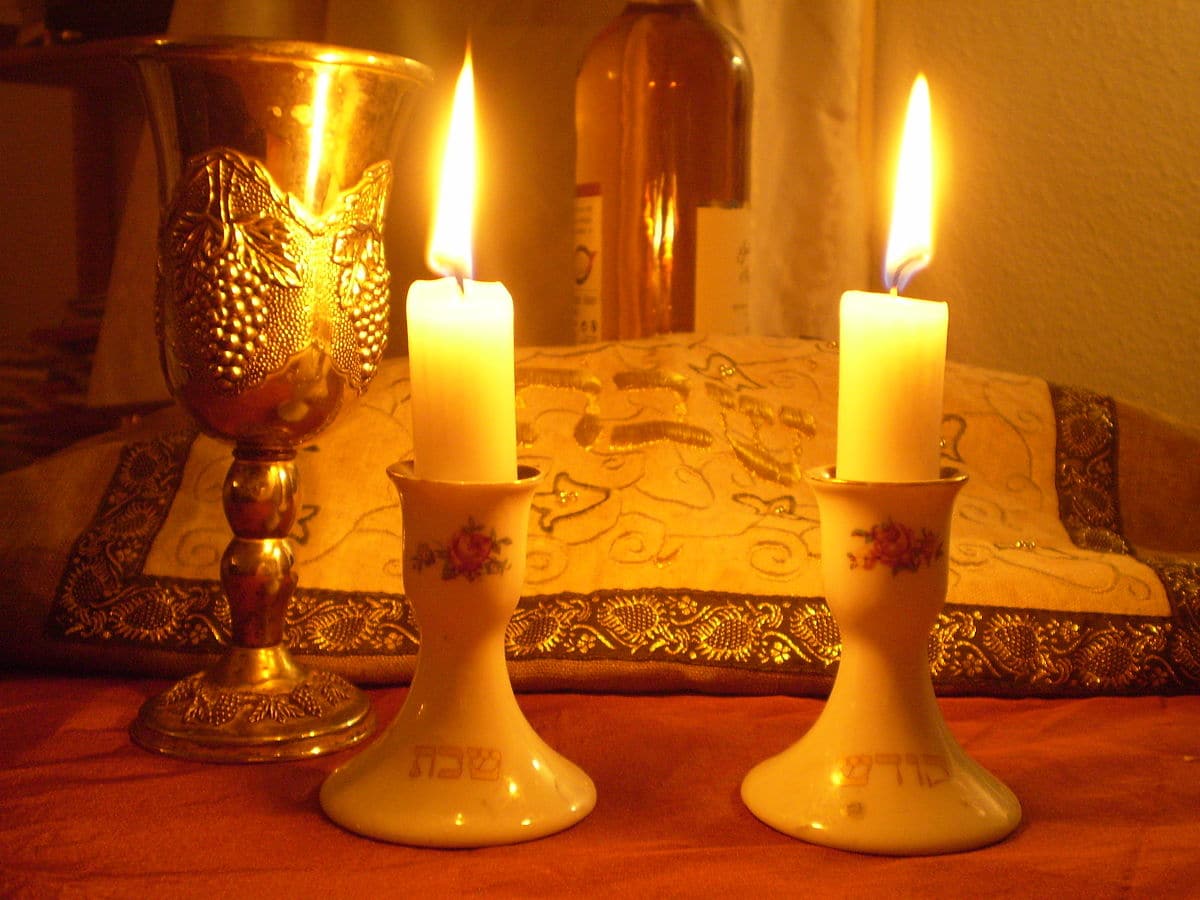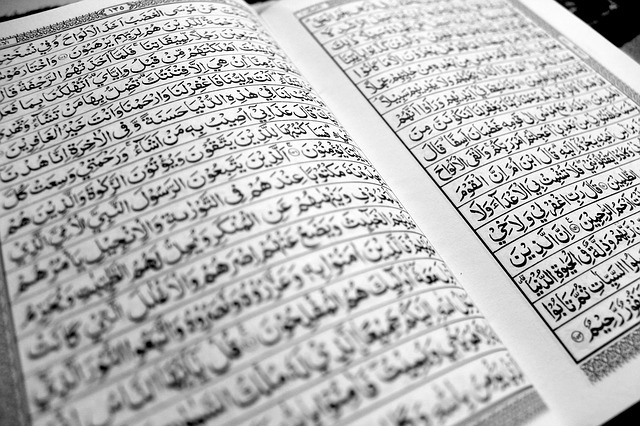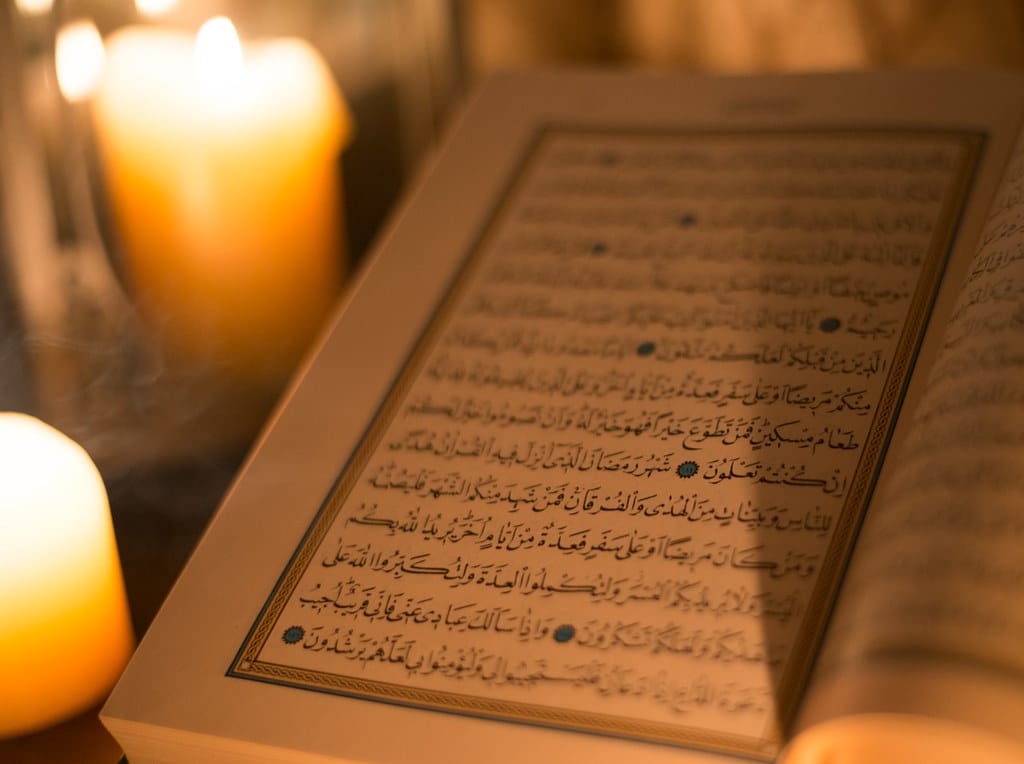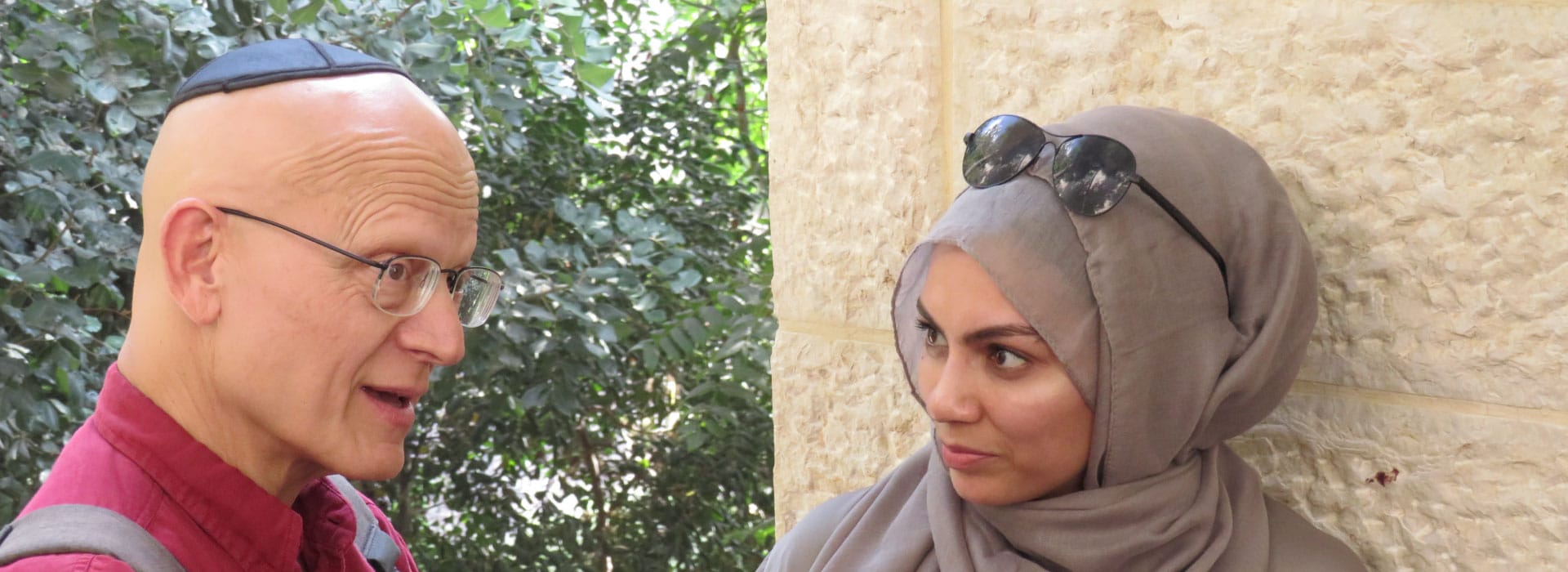
Know Your Neighbor
A reliable, simple and coherent database for those who are interested in the religious communities that live in the Holy Land.
One of the foundations of the Rossing Center for Education and Dialogue from the day of it’s establishment is to contribute to understanding and appreciation of the other’s religious/cultural/national narrative, traditions, beliefs and practices, while combatting prejudices and negative stereotypes. Whilst the internet is full of information regarding the different religions, little reliable information about Christianity and the Christian and Muslim communities of the Holy Land is available in Hebrew, and little reliable information about Judaism is available in Arabic.
This need made the Know Your Neighbor project come to life: a reliable, simple and coherent database for those who are interested in the religious communities that live in the Holy Land. You may find here trilingual* information on Christianity, Judaism and Islam. The materials were written and gathered by the Rossing Center’s staff, and after strict editing – are now published for the general public, as well as a resource for teachers and other educators. Here you will find information about communities, holidays, holy sites and religious practices of the different religious group living in the Holy Land.
If you have any comments on the materials presented here, or wish to donate content to the project, please contact us at info@rossingcenter.org
*The project was recently launched, so not all of the materials are yet available in all 3 languages. In addition, as stated above, our priority is to provide content in the languages in which it is difficult to find information elsewhere.

Recent Holidays

Introduction – Christian Holidays
Most human communities organize their time. They distinguish between ordinary time and special hours, days, months and years. The rhythm created by this organization of …
Celebration of Sunday
For Christians, the first day of the week, Sunday, took on enormous significance as a special day of celebration and commemoration. An ancient text from …
The Christmas Cycle
Advent Although many believe that Christmas is the Christian feast par excellence, Christmas is in fact second to Easter in its importance. Christmas is the …
The Jewish Calendar – Introduction
Every human culture has particular ways of marking time, calendars and festivals—usually, both feasts and fasts. It is human to seek meaningful ways of marking …
Shabbat
In the Hebrew language, six out of the seven days of the week do not have names. They are, rather, “the first day,” “the second day,” and so on, up to “the sixth day.” Only the seventh day has a name—Shabbat, the Sabbath. The root of Shabbat is resting, refraining from work. But the traditional Shabbat is much more than simply a day off.
Tishrei Holidays
Rosh Hashanah literally means “the head of the Year.” However, the association of this name, with the festival celebrated at the beginning of the Hebrew month of Tishrei only dates from Talmudic times. In the Torah, the festival is called both Yom Teruah, “the day of blowing the Shofar,” and Yom HaZikkaron, “the day of remembrance.”
The association of this time of the year with a time of renewal probably goes back toExodus 23:16, when Sukkot, the autumn harvest festival, is identified with “the end of the year,” the intention most likely being the completion of the agricultural cycle. But the creative spirit of the Talmudic Rabbis infused Rosh Hashanah as the New Year with a much deeper meaning—the Day of Judgement, in a process called Teshuvah. That word literally means “response” or “return”, but carries with it a number of other associations, including repentance, renewal and, as some 20th century rabbis and scholars have put it, a kind of re-creation of the Self, in dialogue with God.
5 Pillars of Islam
The 5 Pillars of the faith are the core foundations of Muslim life, which were recorded in the hadith of Jibril (Gabriel). Muslims believe that following these pillars is essential for living their lives by the Prophet Muhammad’s example. The 5 Pillars are as follows:
The Qur’an
The Qur’an is the primary religious text in Islam, believed to be orally revealed by God to the Prophet Muhammad through the angel Jibril (Gabriel) over a number of years. As such, Muslims believe the Qur’an is the literal word of God.

